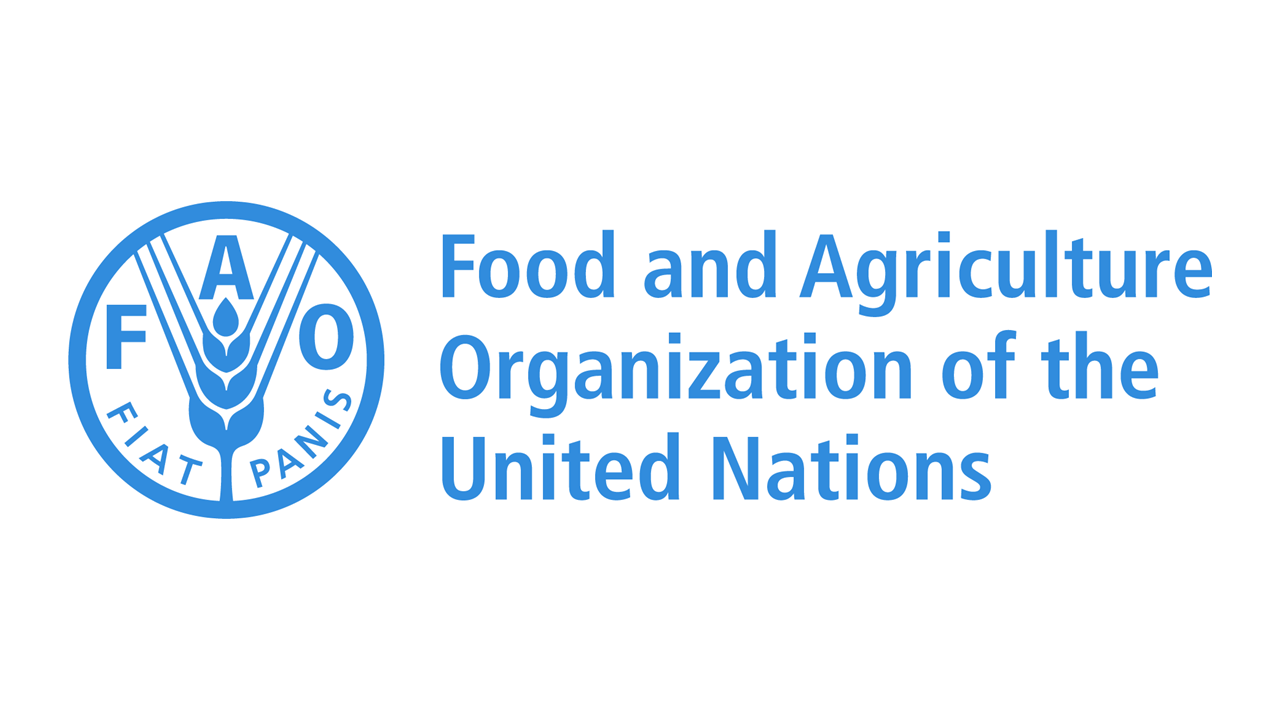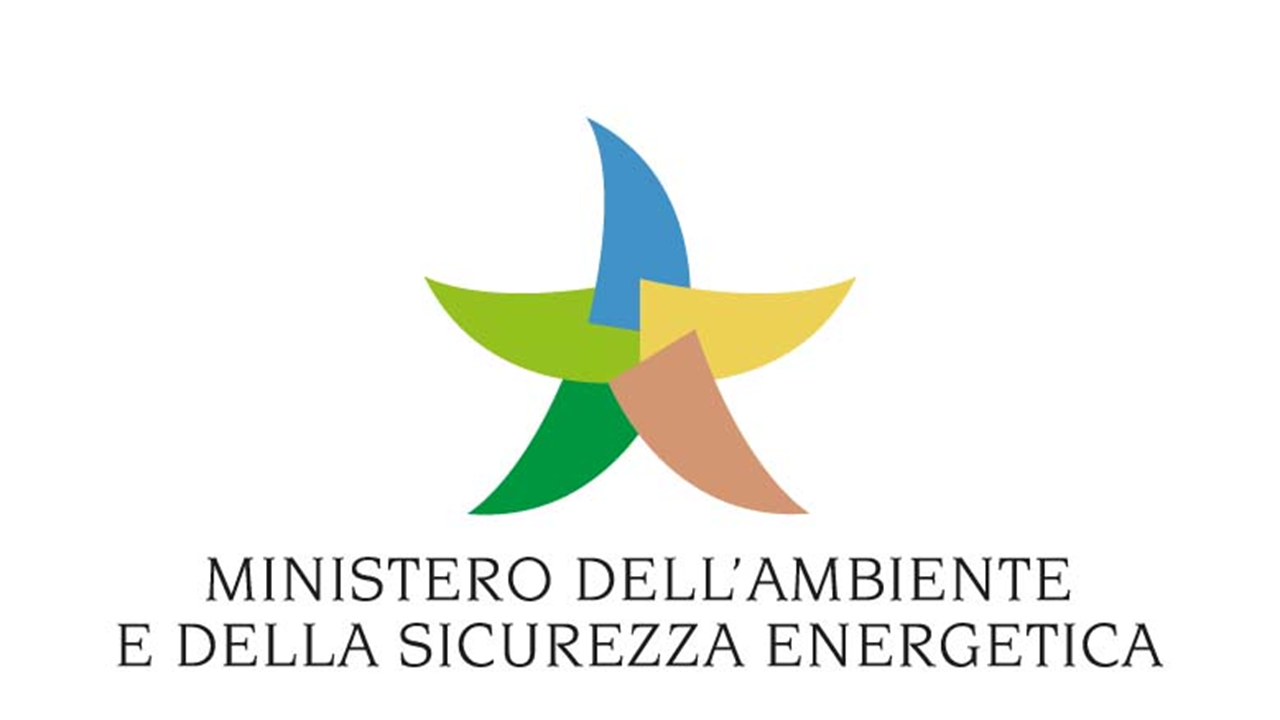| 08:30–09:00 |
Registration |
|
09:00–09:20
|
Opening of the Forum
Welcoming remarks
Overview of the SCF Forum objectives and expected outcomes
|
Welcoming remarks
SCF Co-Chairs
Ambassador Diann Black-Layne (Antigua and Barbuda)
Apollonia Miola (European Union)
Opening remarks
Kaveh Zahedi, (bio) Director, Office of Climate Change, Biodiversity and Environment, FAO
|
|
09:20–10:10
|
Session 1: Understanding Interlinkages and Regional Contexts – Climate, Agriculture, Food systems and Food security
This session will explore the critical interconnections between climate change, agriculture, food systems, and food security, highlighting the essential role of finance in driving sustainable development and climate action. It will underscore the importance of tailoring financing strategies to diverse regional contexts and elevate the voices of smallholder farmers—communities on the frontlines of climate change—by addressing the unique challenges they face.
|
Moderator: Elena Pereira, SCF co-facilitator
- Scene-setting presentation
Kaveh Zahedi, Director, Office of Climate Change, Biodiversity and Environment, FAO
Interlinkages of climate, agriculture, food systems and food security; and state of play on climate finance for agrifood systems.
Presentation
- Country case study presentation
Tekini Nakidakida, Ministry of Agriculture, Fiji
Regional contexts and experiences in financing agrifood systems
Presentation
- Farmers community/cooperative representative
Tamara Toria, (bio) Executive Director of the Georgian Farmers’ Association
Challenges faced by them in accessing finance and role of farmers and local communities in transforming agrifood systems
- Domestic financial institution
Mr. Shaji K. V., (bio) Chairman National Bank for Agriculture and Rural Development, India
Enabling access to finance for farmers and local agrifood actors through tailored financial products and delivery models.
- Multilateral Development Bank
Ms. Pieternel Boogaard, (bio) Managing Director
International Fund for Agricultural Development
Empowering agrarian economies, enhancing food security and sustainable development.
Open discussions
|
| 10:10–10:30 |
Coffee Break and Family Photo |
|
10:30–11:15
|
Session 2: Scaling-up Finance for Sustainable Food Systems and Agriculture– Advancing Climate Action and Resilience and Global Food Security
This session will examine the critical role of finance in transforming food systems to be more sustainable, low-emission and climate resilient. The discussion will highlight key means of implementation—mobilizing adequate finance, promoting inclusive access to technology and innovation, and investing in capacity building at all levels—to enable effective and equitable transitions in food and agriculture systems, in the context of adaptation, mitigation and loss and damage.
|
Moderator: Oliver Gales, SCF co-facilitator
Panellists
- Country case study
Marcelo Morandi, (bio) Ministry of Agriculture and Livestock, Brazil
Financing sustainable food systems and agriculture in the context of climate action and highlighting key policy and governance aspects.
- Sub-national representative
Juan Carlos Jintiach, Shuar (bio) People of the Ecuadorian Amazon, Executive Secretary of Global Alliance of Territorial Communities
Efforts to strengthening ability of local governments, smallholder farmers, and food system actors to access climate finance.
Presentation
- A global collaboration or partnership
Andrea Porro, (bio) Secretary General, World Farmers Organization
Approaches to align financing with regional needs and global priorities food systems and agriculture
- Multilateral Development Bank
William Sutton, (bio) Global Lead for Climate Smart Agriculture, Agriculture and Fodd Global Practice, World Bank
Supporting long-term food security.
Open discussions
|
11:15–12:15
|
Breakout discussions |
|
Group #1: Tailoring Finance to Regional and Local Needs
This group will discuss how climate finance can be adapted to different regional and local realities in agriculture and food systems. It will highlight successful models and lessons learned for financing climate-resilient and sustainable practices across diverse contexts.
Group 1A (Plenary Room)
Discussion leader
Azzurra Massimino, Deputy Lead, Climate and Resilience Service, WFP
Group 1B (Room Ethiopia)
Ice-breaker
Rafik Aini, A member of Facilitative Working Group, Local Communities and Indigenous Peoples Platform
Discussion leader
Sofia Vargas, Columbia
|
Group #2: Unlocking Climate Finance for Scaled-up Investments for Sustainable Agriculture and Food Systems
This group will discuss how public and private finance can support shifts toward sustainable, resilient, and low-emission agriculture and food systems. It will examine institutional, technical, and policy barriers hindering finance flows and discuss strategies to strengthen investment, innovation, and inclusive access.
Group 2A (Nigeria)
Ice-breaker
Edgar Aguilar, Value Chain Resilience Specialist, UNDP
Discussion leader
Ben Abraham, (bio) Talanoa Institute
Group 2B (Room Malaysia)
Discussion leader
Isobel Bartholomew, UK
|
| 12:15–12:45 |
Discussion leaders of the breakout groups will report back in plenary, followed by a short panel discussion among the discussion leaders. |
Moderator: Oliver Gales, SCF co-facilitator
Breakout group discussion leaders
|
| 12:45–14:00 |
Networking Lunch & Booth Visits |
|
14:00–14:45
|
Session 3: Strengthening Policy Coherence and Linkages
This session will explore how to strengthen policy and institutional coordination to increase and better align climate finance with sustainable food systems, agriculture and food security. It will examine opportunities to integrate food systems into national climate strategies, reform financial incentives, and improve coherence between public policies, climate goals, and international frameworks.
|
Moderator: Piedad Martin, (bio) Deputy Director, Office of Climate Change, Biodiversity and Environment, FAO
Panellists
- Government perspectives
H.E. Abubakar Kyari, Minister for Agriculture and Food Security, Nigeria
National experiences in integrating sustainable agriculture into national planning NDCs/NAPs, and aligning and optimizing sectoral policies
- Multilateral Climate Fund
Peter Umunay, Thematic Lead, Food Systems and Land Use, Global Environment Facility
How MCF financing strategies align with and increase finance flows towards national plans and what support they provide for policy and institutional coherence.
- UN/IGO on policy alignment
Chiara Falduto, (bio) Policy Analyst, OECD
Analytical insights and data on aligning subsidies, fiscal policy, and climate planning with sustainability goals.
- Civil society or farmer network representative, who can highlight grassroots perspectives on how participatory policy making can support coherence and inclusivity.
Dianne Sibanda, (bio) Founder and President of the Botswana Farmers’ Association
Presentation
Open discussions
|
14:45–15:45
|
Breakout group discussions |
|
Group 1: Aligning Climate Strategies and Finance with Agricultural Policies for Greater Impact
This group will discuss how climate finance strategies can be aligned with agricultural and food security policies, including NDCs, NAPs, and national development plans. It will examine approaches to strengthen coherence across ministries, integrate ecosystem-based solutions and food security into climate planning, and ensure that policies work together to drive investment and impact on the ground.
Group 1A (Plenary Room)
Discussion leader
Ivan Zambrana Flores, (bio) Climate Change Expert, Bolivia
Group 1B (Room Ethiopia)
Discussion leader
Roland Sundstrom, (bio) Practice Lead of Program Delivery, CGAIR
|
Group 2: Repurposing Public Support and Subsidies for Sustainable Food Systems and Agriculture
This group will discuss the challenges and opportunities involved in reforming agricultural subsidies and enhancing public incentives to better promote sustainability, resilience, and equity. It will examine country experiences, policy tools, and accountability mechanisms to ensure that both public and private finance support just transitions in food systems and agriculture, while moving away from unsustainable practices.
Group 2A (Nigeria)
Ice-breaker
Ambassador Nosipho Nausca-Jean Jezile, Chair, Committee on World Food Security
Discussion leader
Herwig Ranner, (bio) European Commission
Group 2B (Room Malaysia)
Ice-breaker
Claire McConnell, (bio) Policy Advisor, Economic Law and Policy Program, IISD
Discussion leader
Petrus Muteyauli, SCF Member
|
| 15:45–16:00 |
Coffee break |
| 16:00–16:30 |
Discussion leaders of the breakout groups will report back in plenary, followed by a short panel discussion among the discussion leaders. |
Moderator: Piedad Martin, FAO
Breakout group discussion leaders
|
| 16:30–16:45 |
Wrap-up of day 1 |


